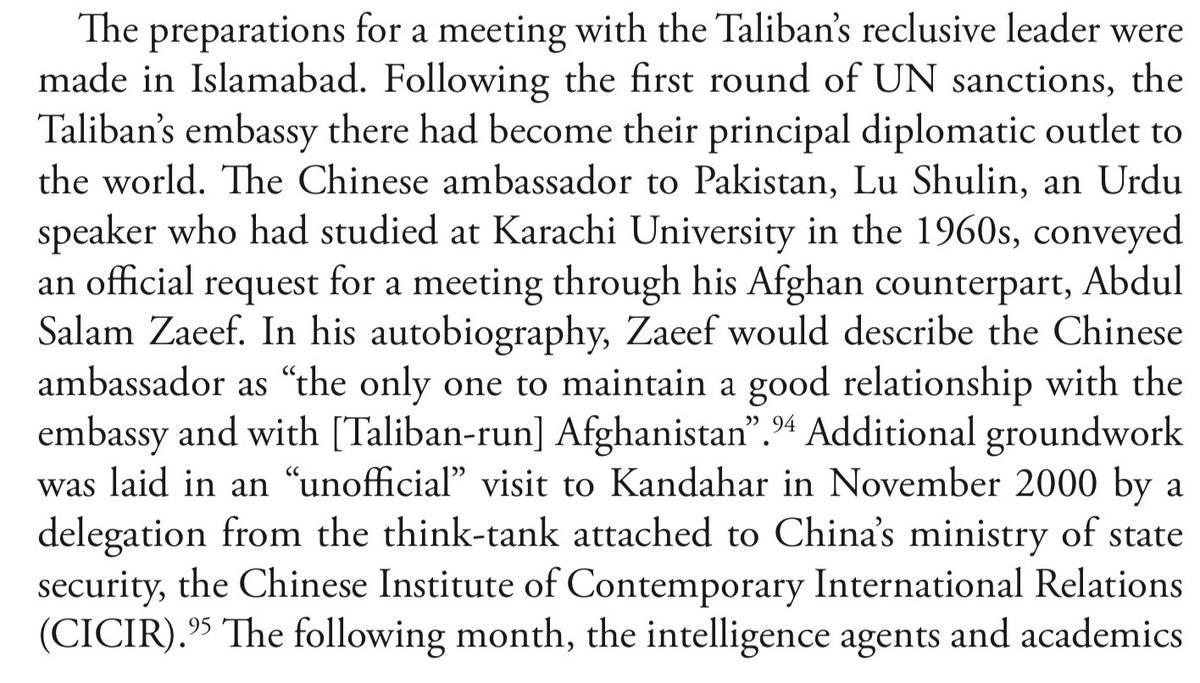
Yun Sun -“If Russia works with Chinese financiers, in order to block that channel, the US needs to increase the cost for China Eximbank and China Development Bank”: ft.com/content/bf930a… 1/3
Everyone following the China-Russia relationship expected this from the Chinese commercial banks: bloomberg.com/news/articles/… But read the @J_Jakobowski great recent report for details on how the Chinese policy banks swung in post-2014: osw.waw.pl/en/publikacje/… 2/4
US officials are, of course, well aware of this and have "pointed out [to Chinese officials] that they knew how China had helped Russia evade some of the 2014 sanctions, and warned Beijing against any future such aid": nytimes.com/2022/02/25/us/… 3/4
This piece also details the stepping up of Chinese food and energy deals with Russia in the period leading up to the invasion, channels that still face fewer restrictions: nytimes.com/2022/02/26/bus… 4/4
• • •
Missing some Tweet in this thread? You can try to
force a refresh













